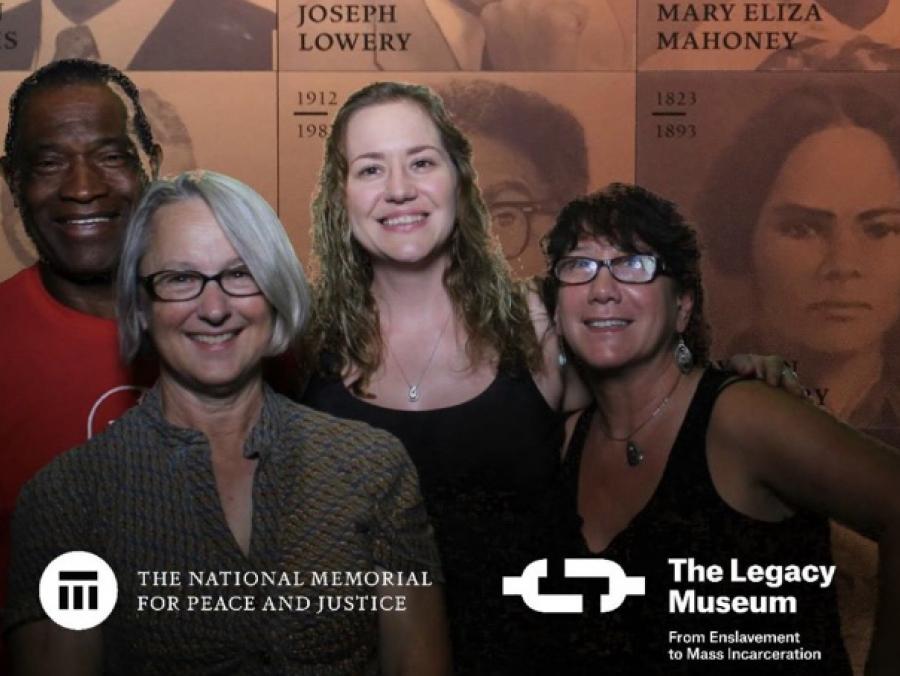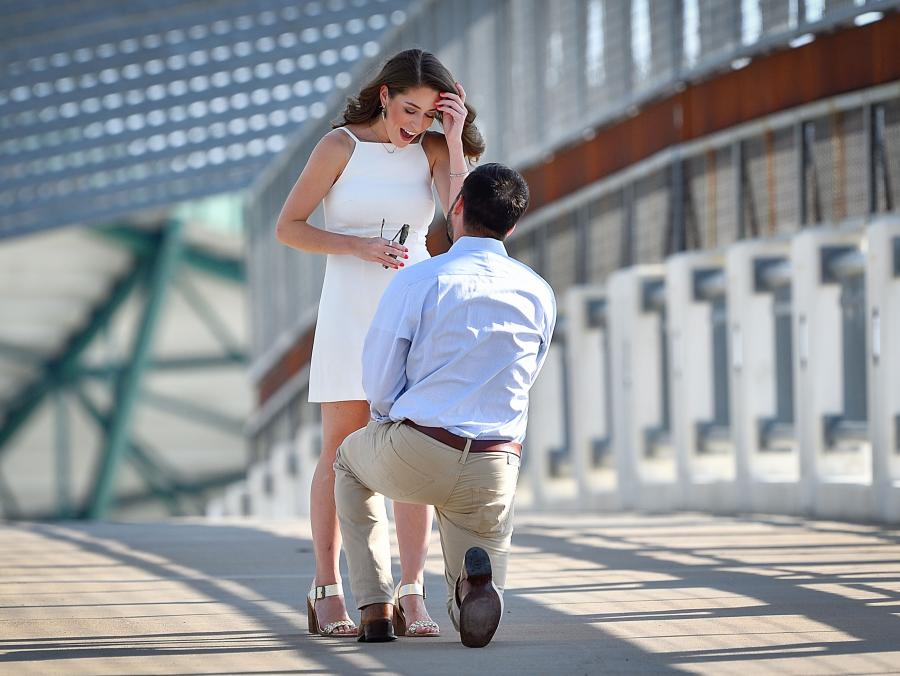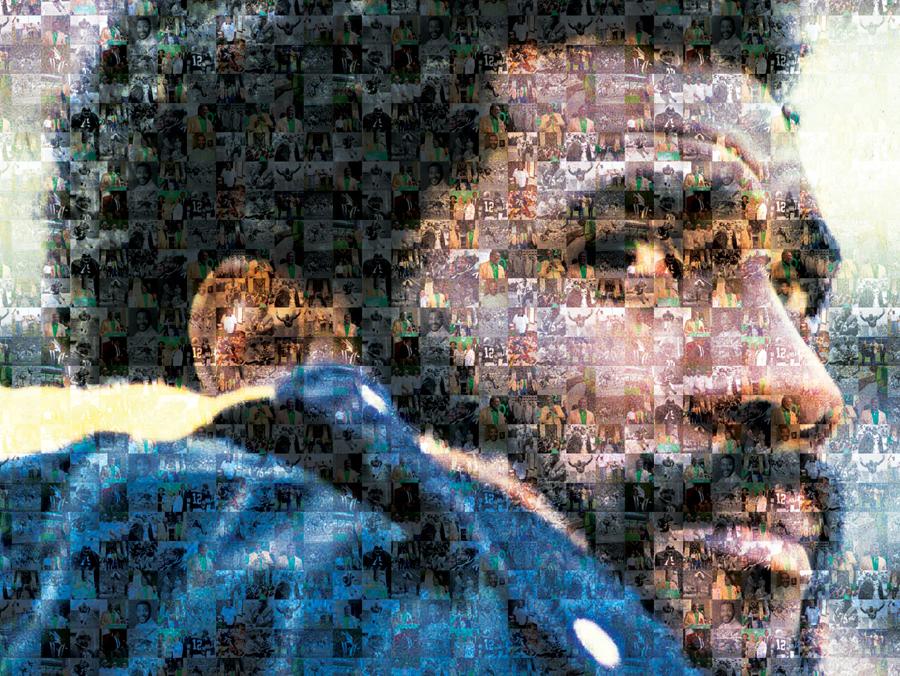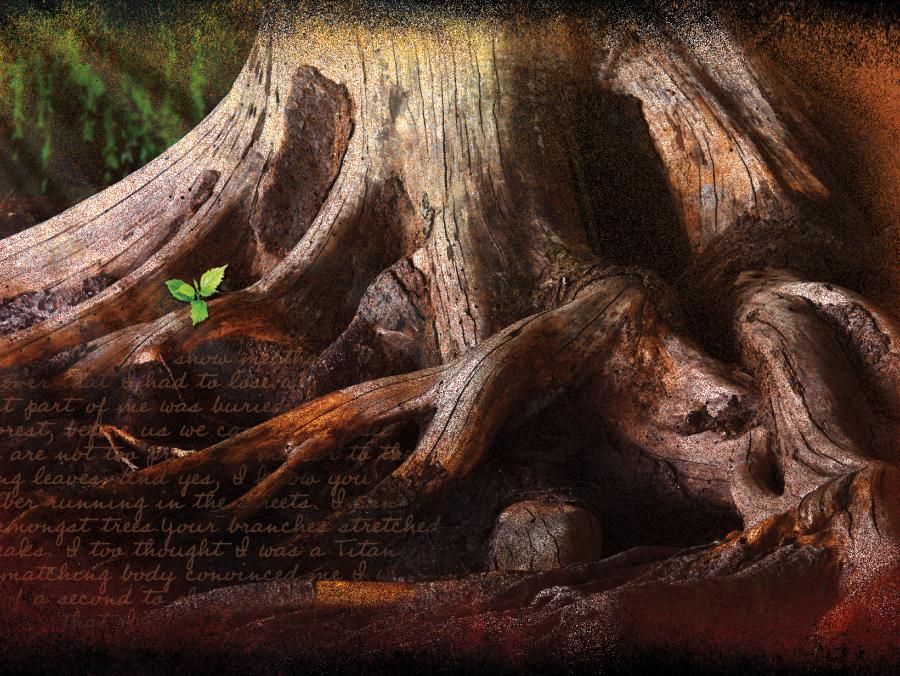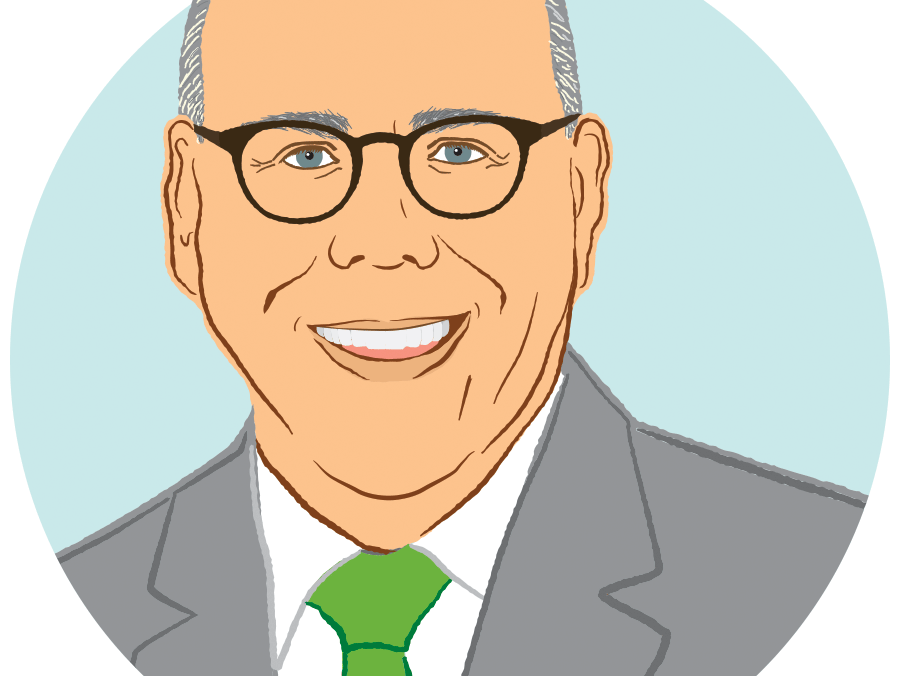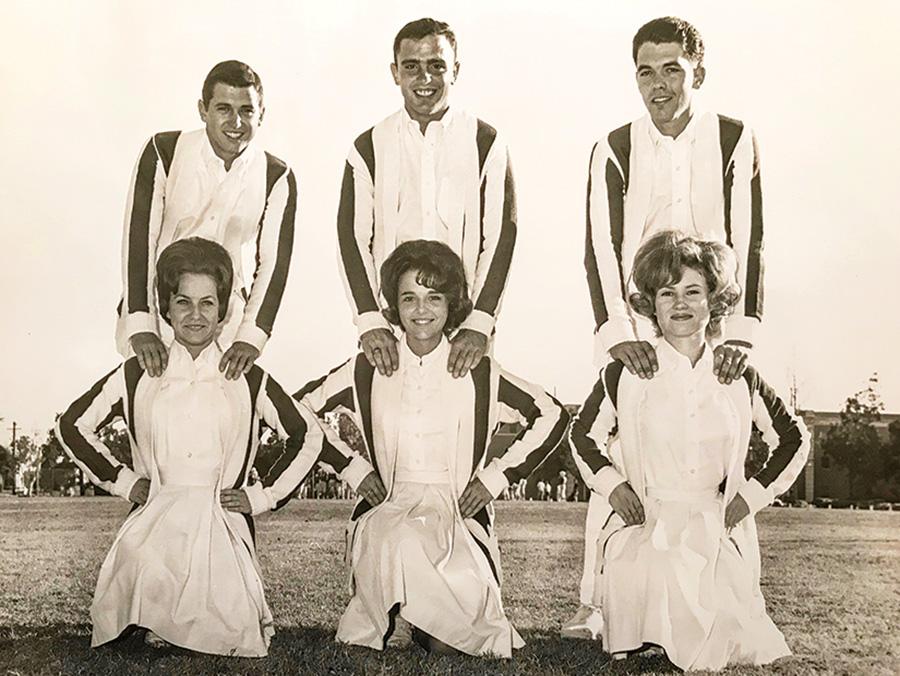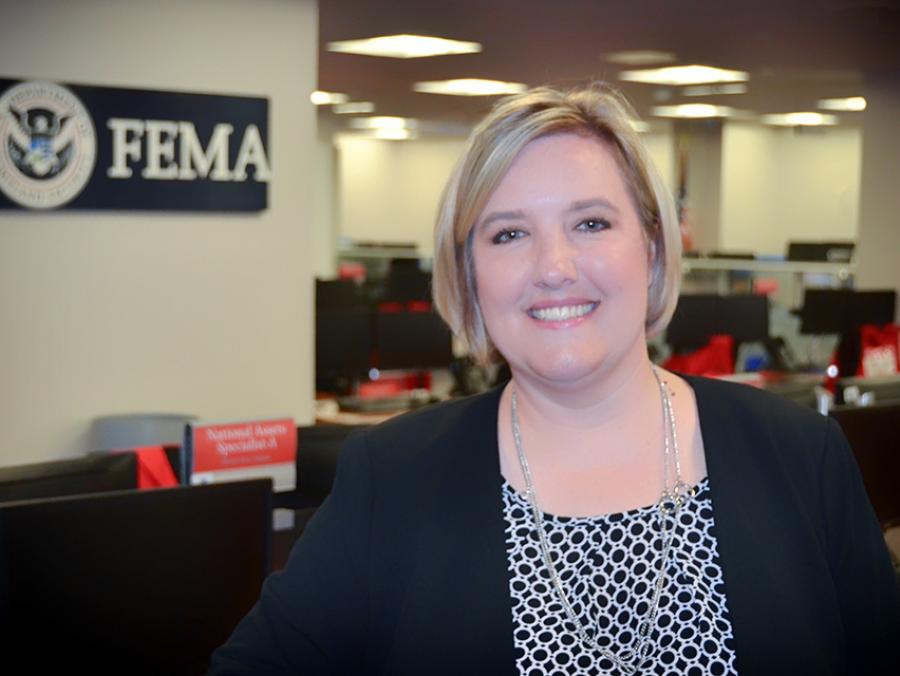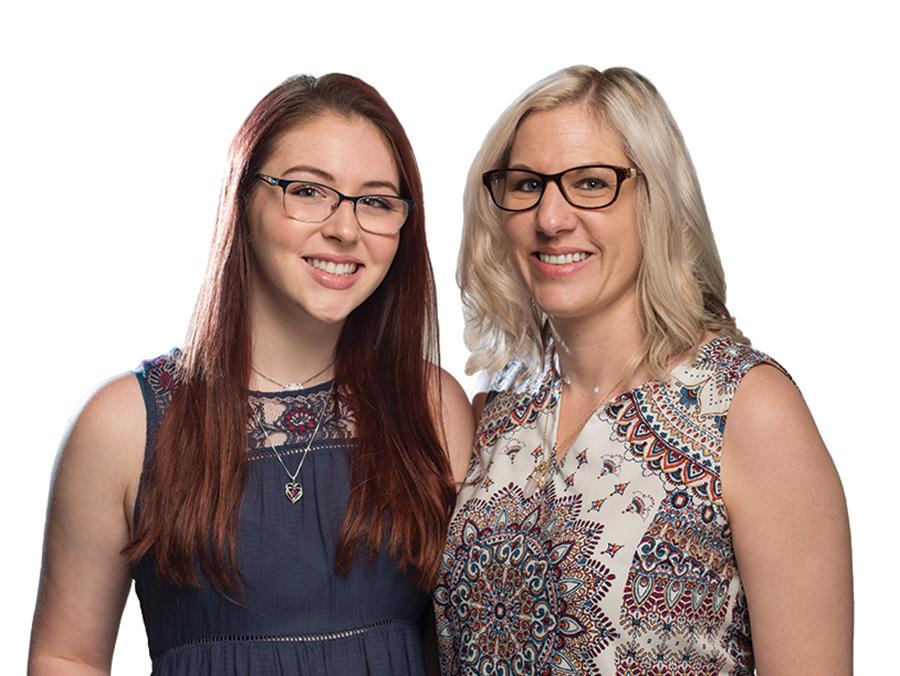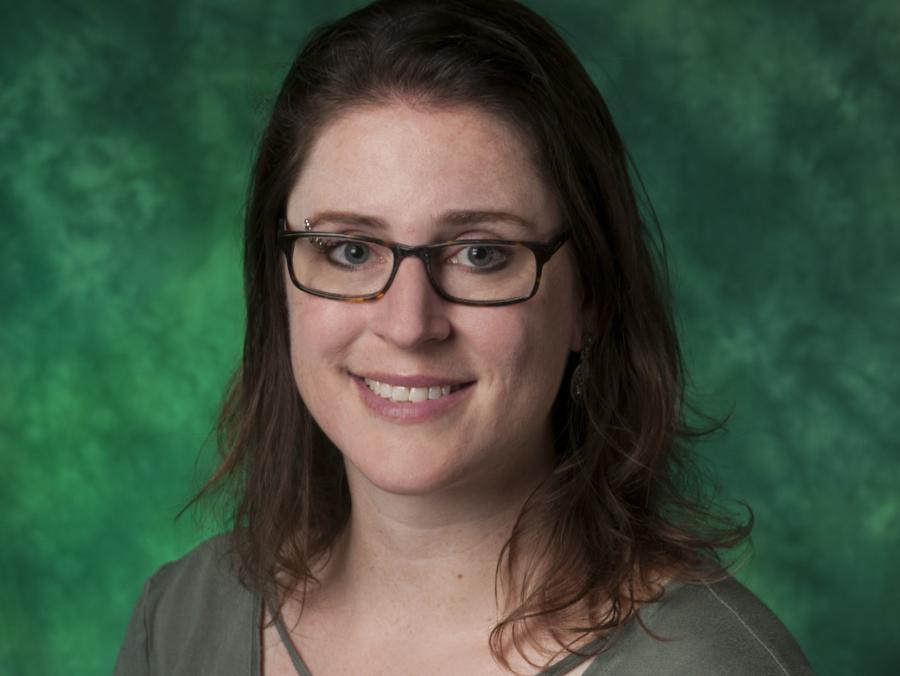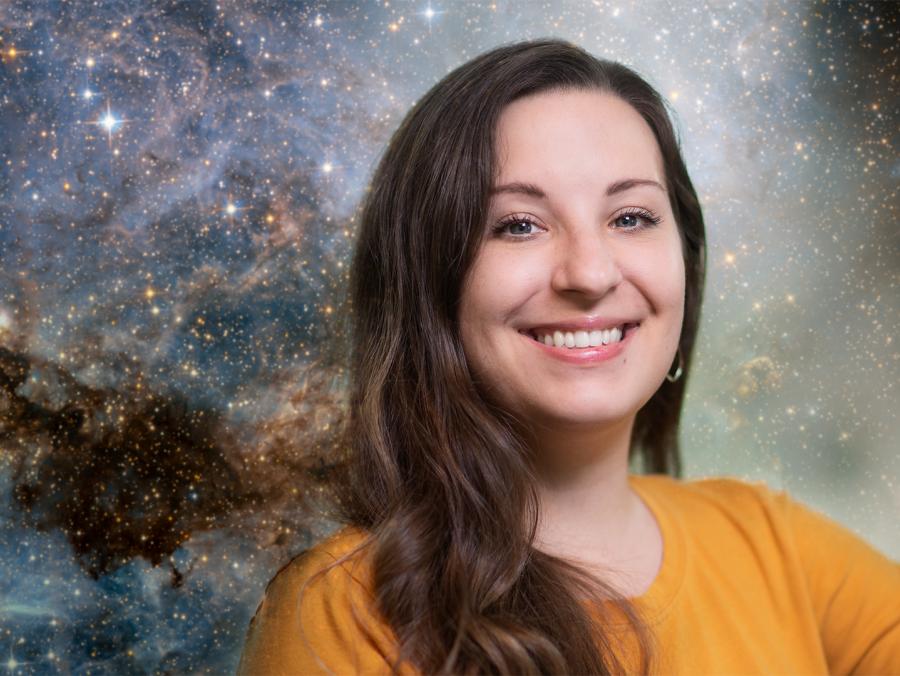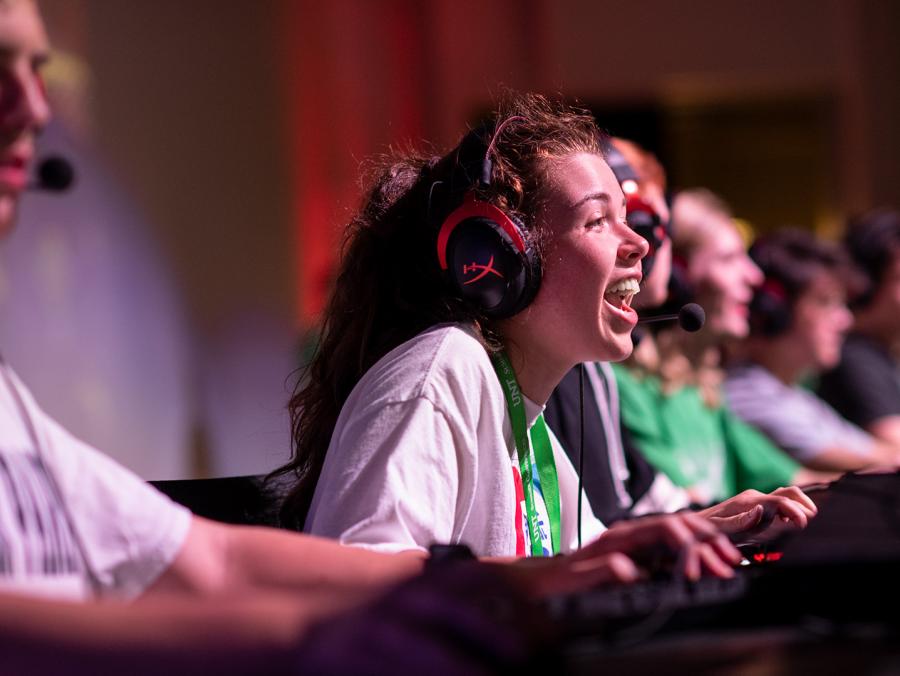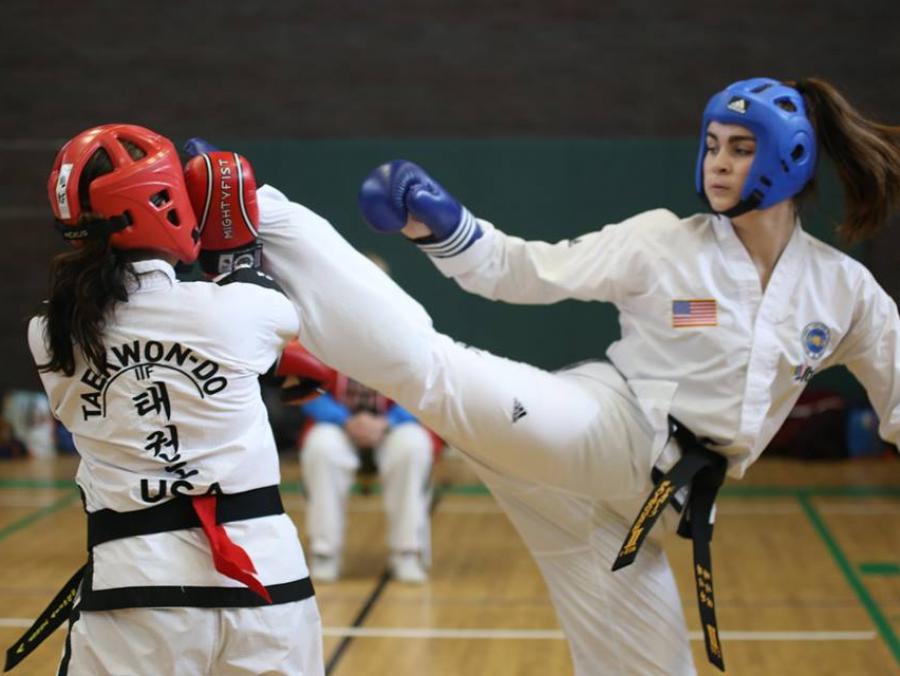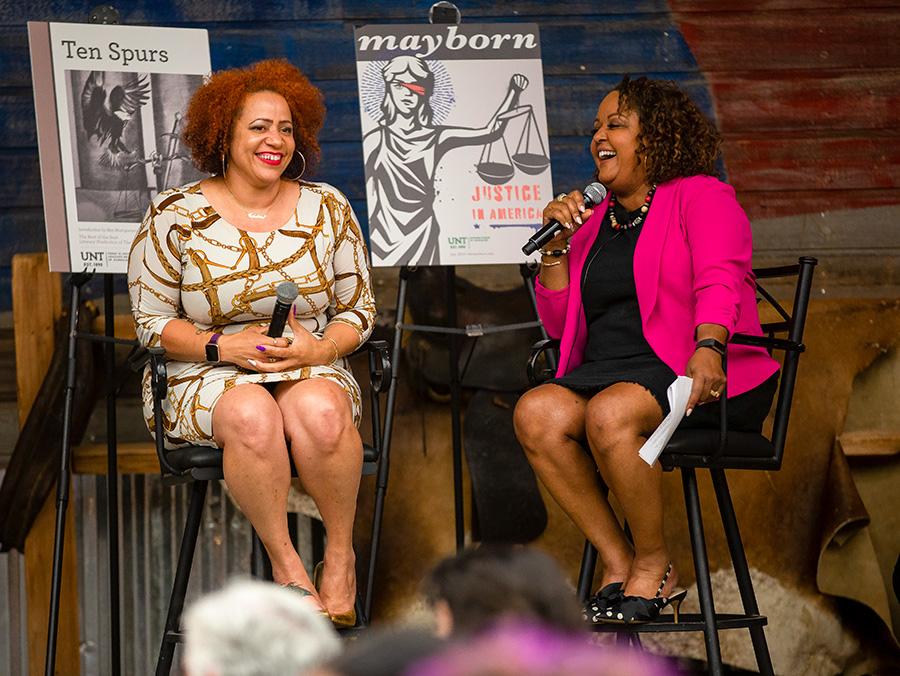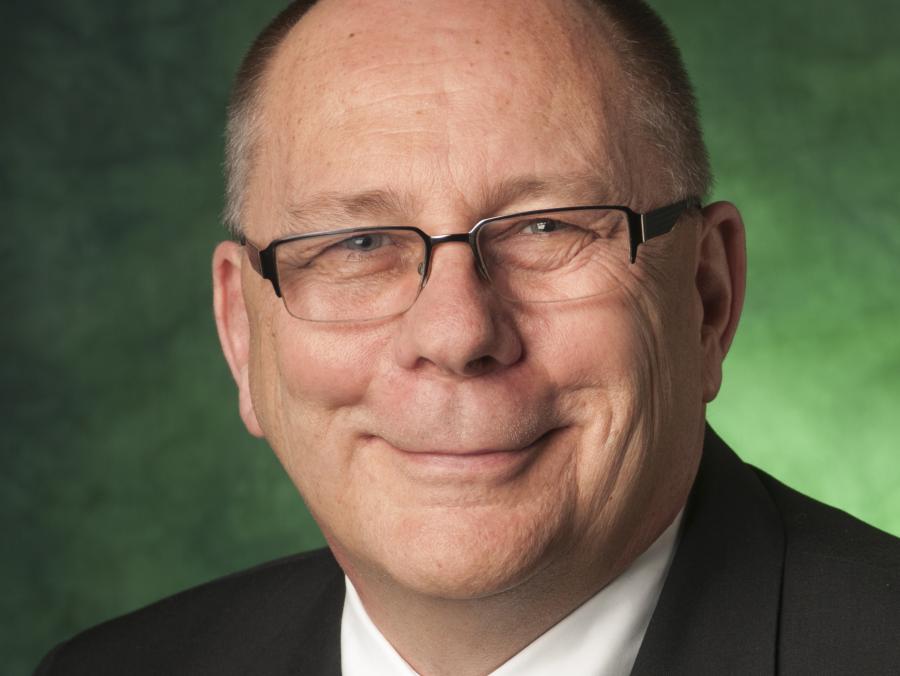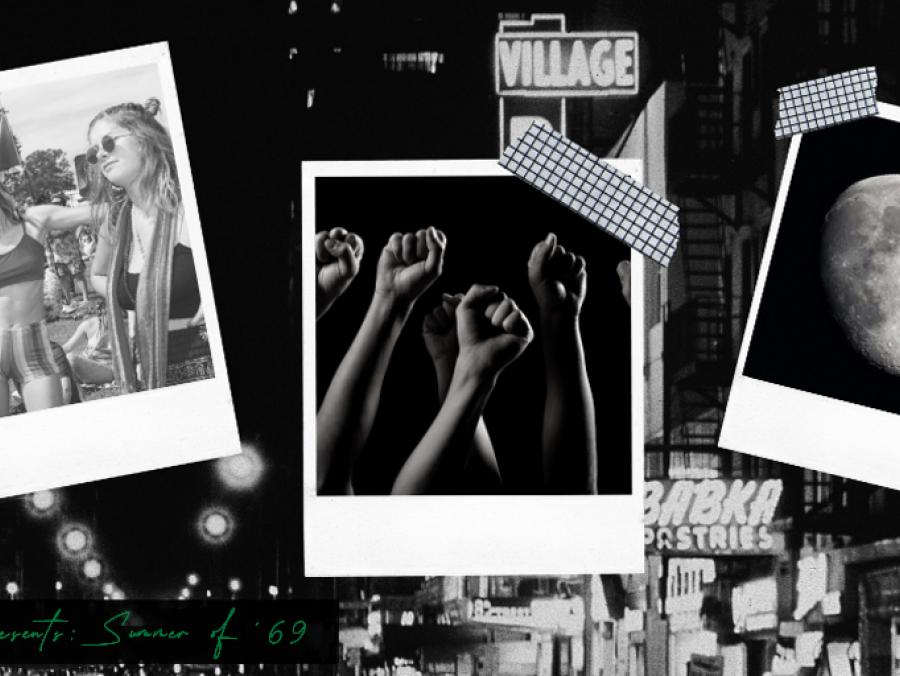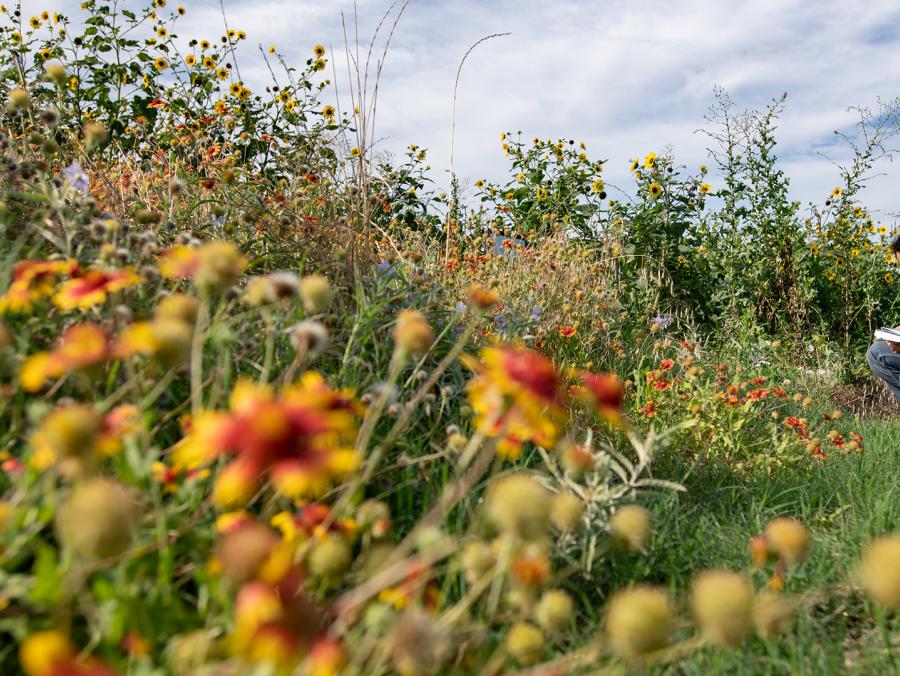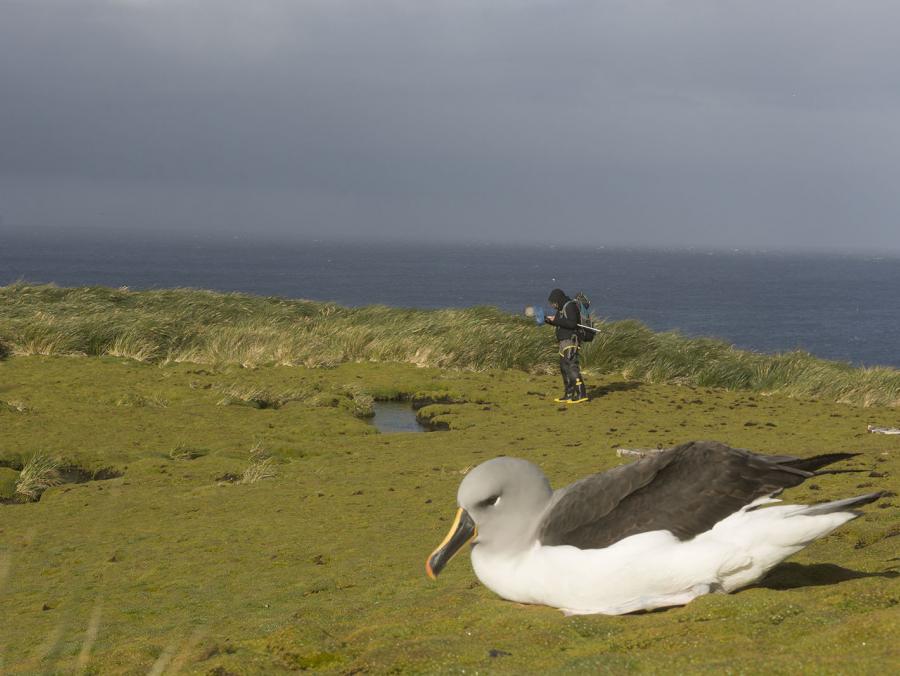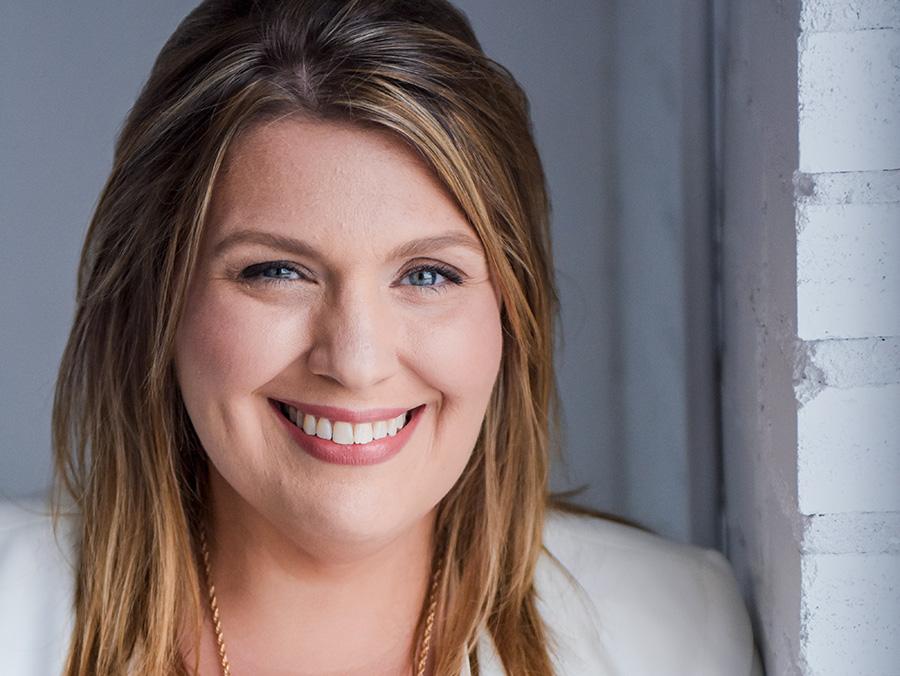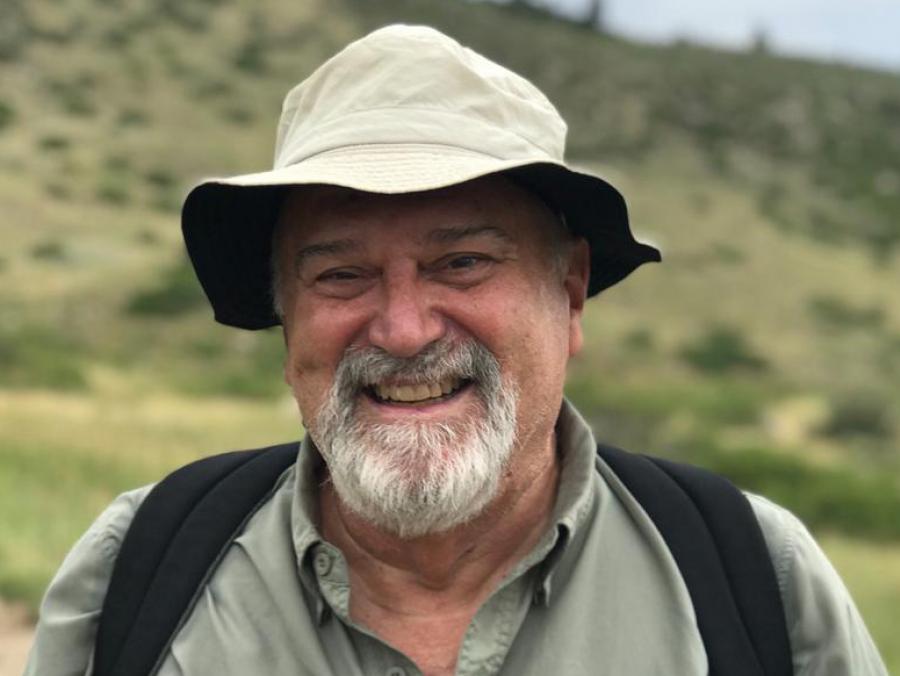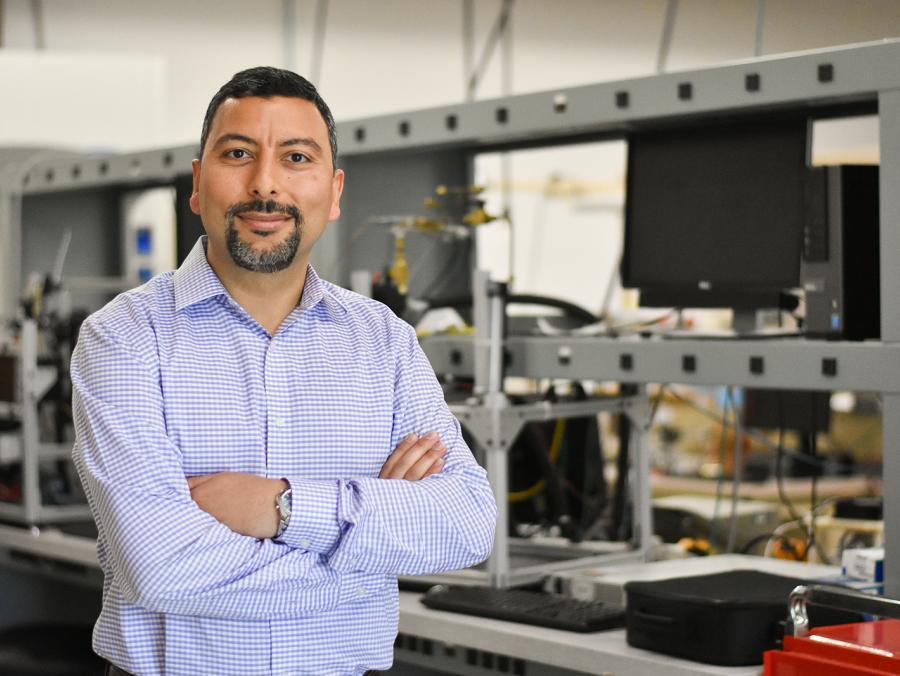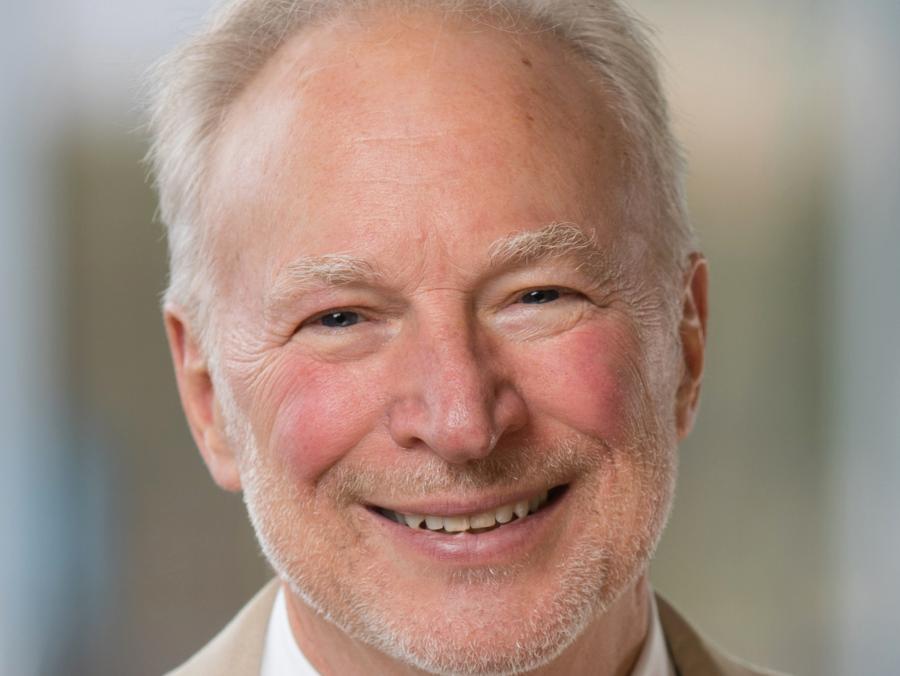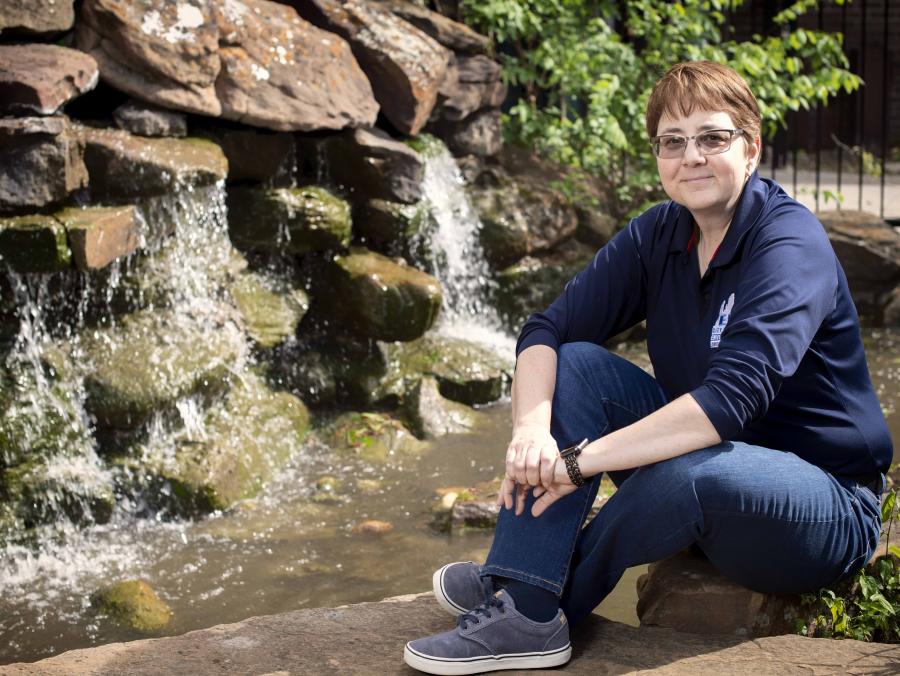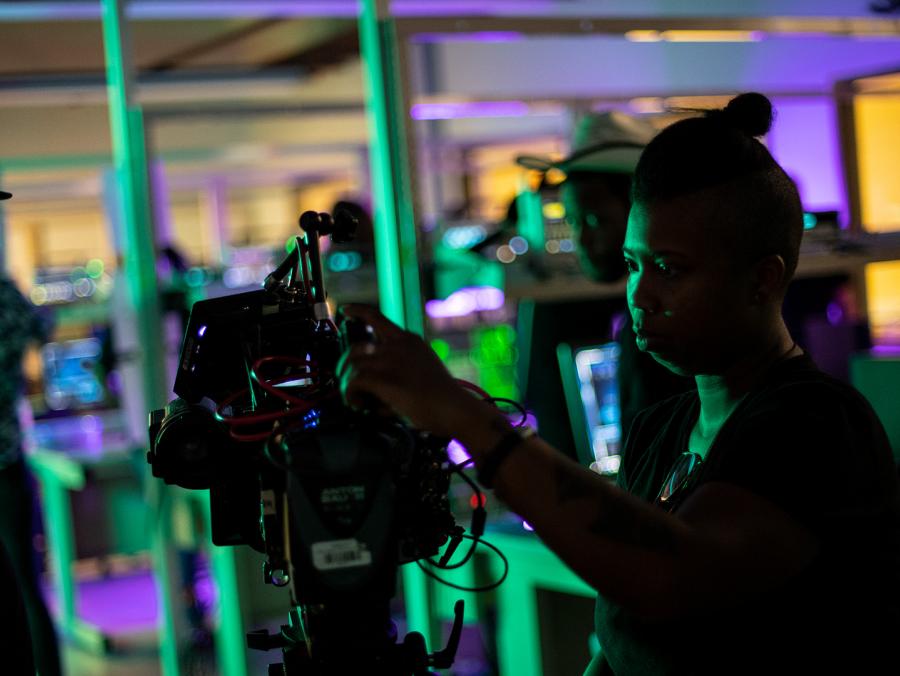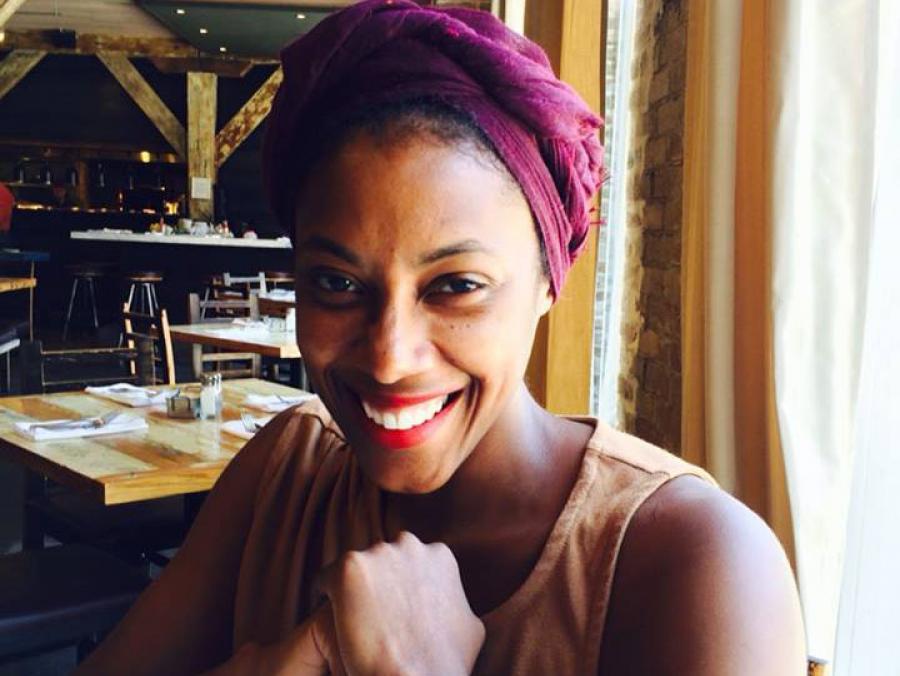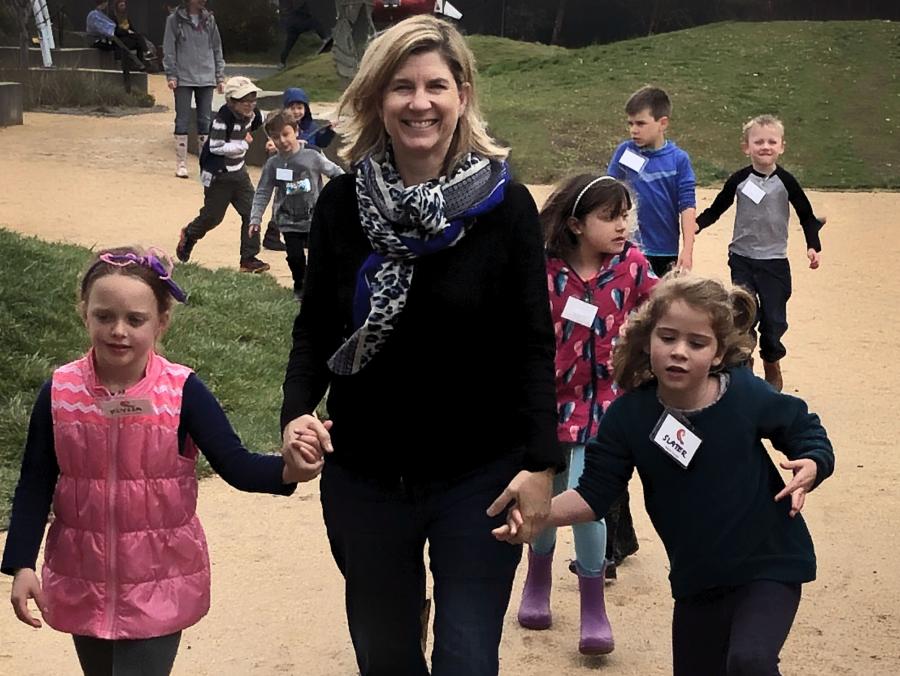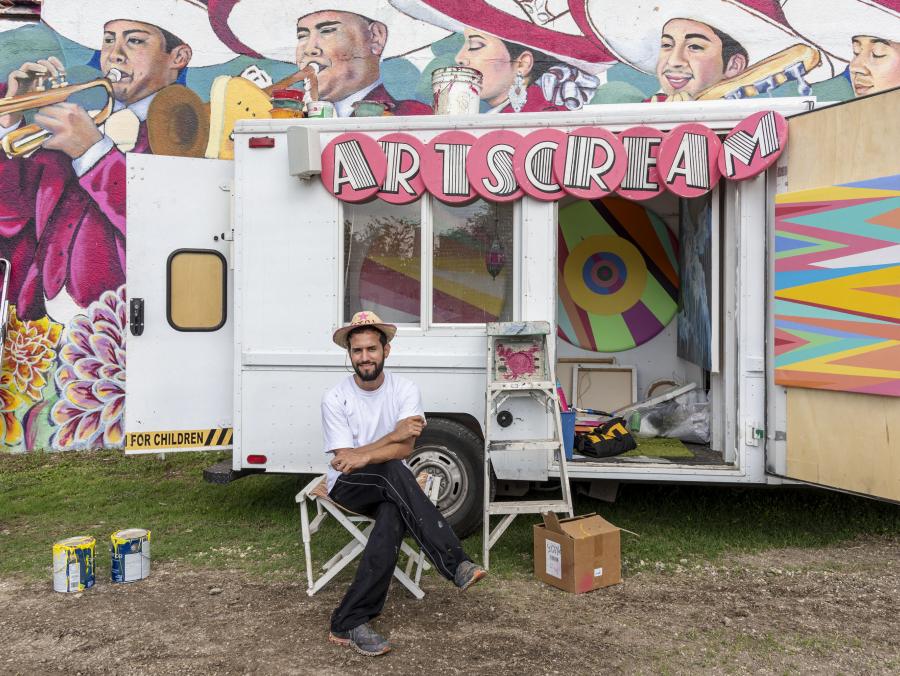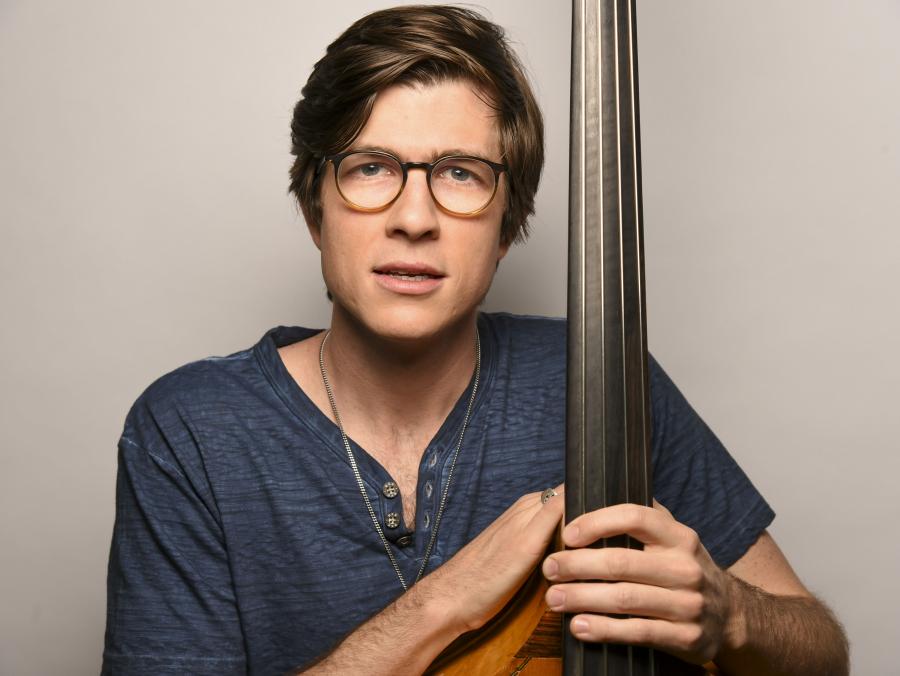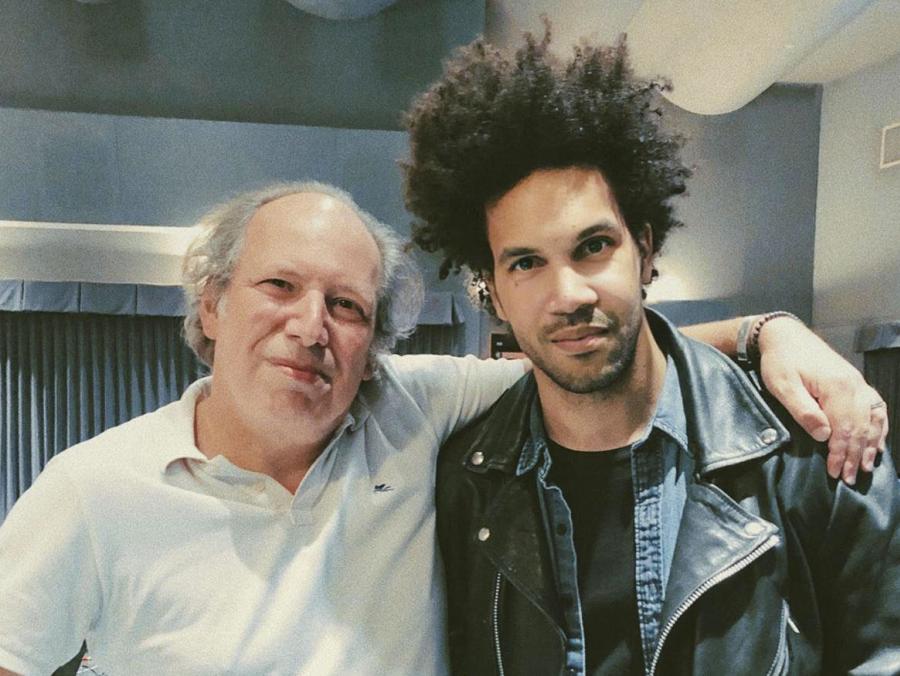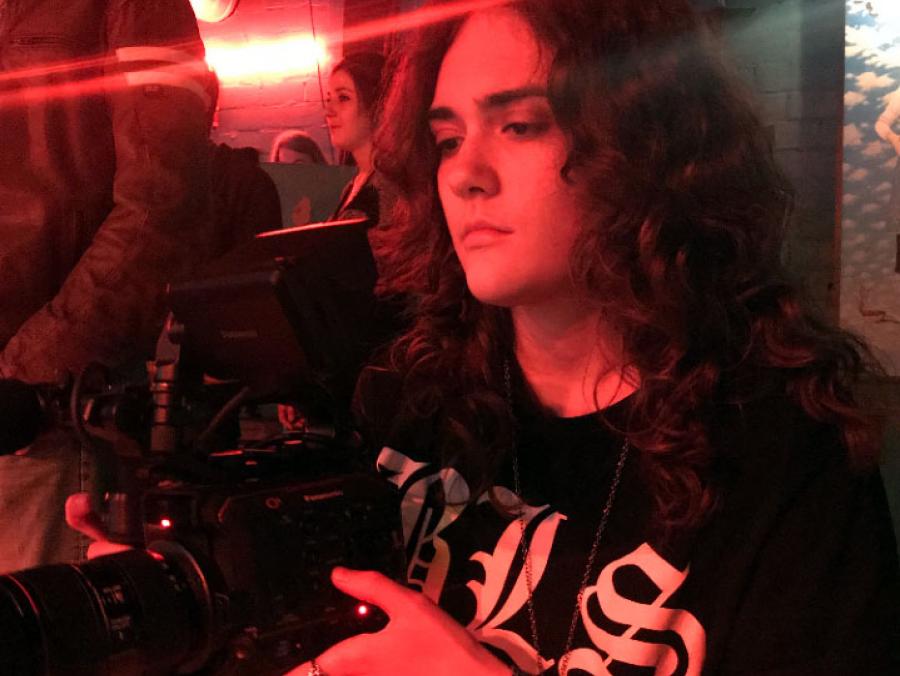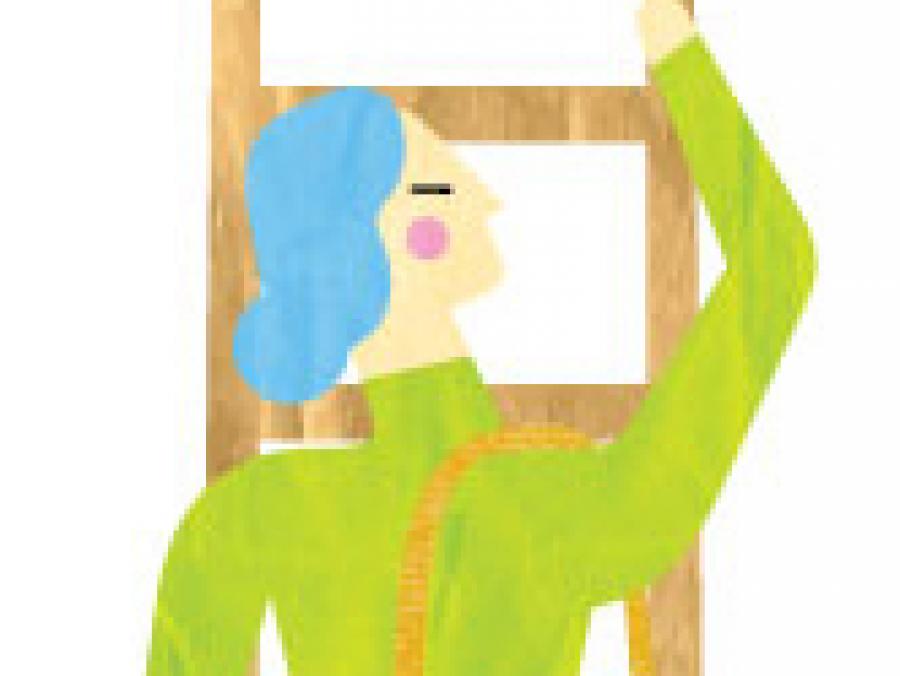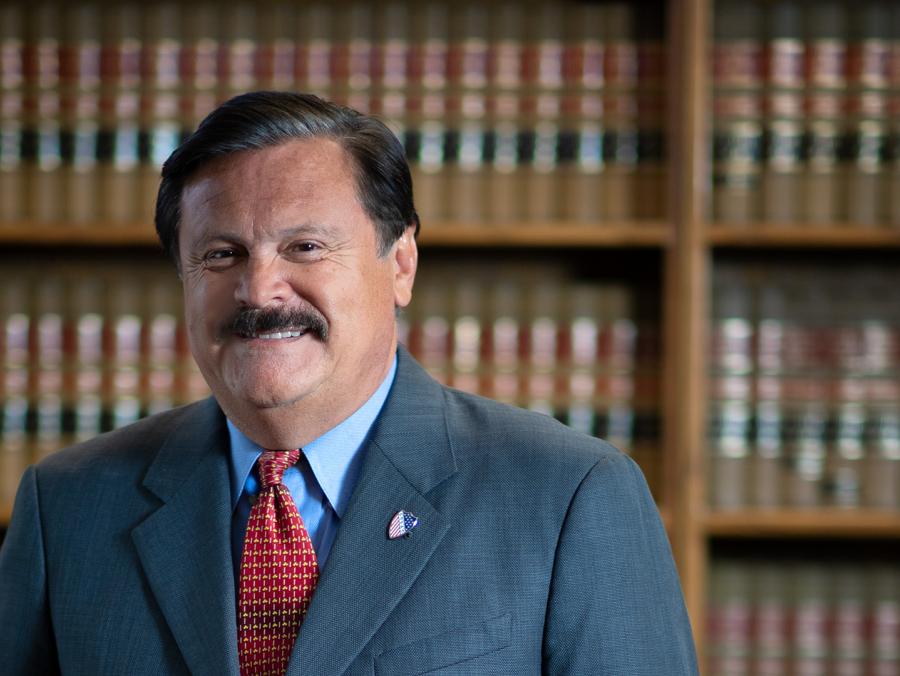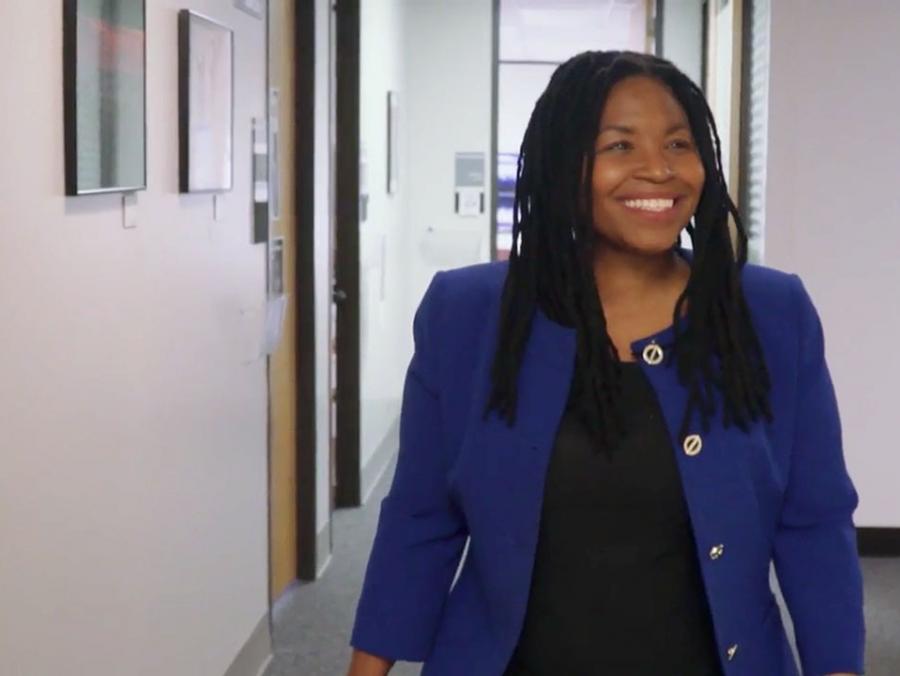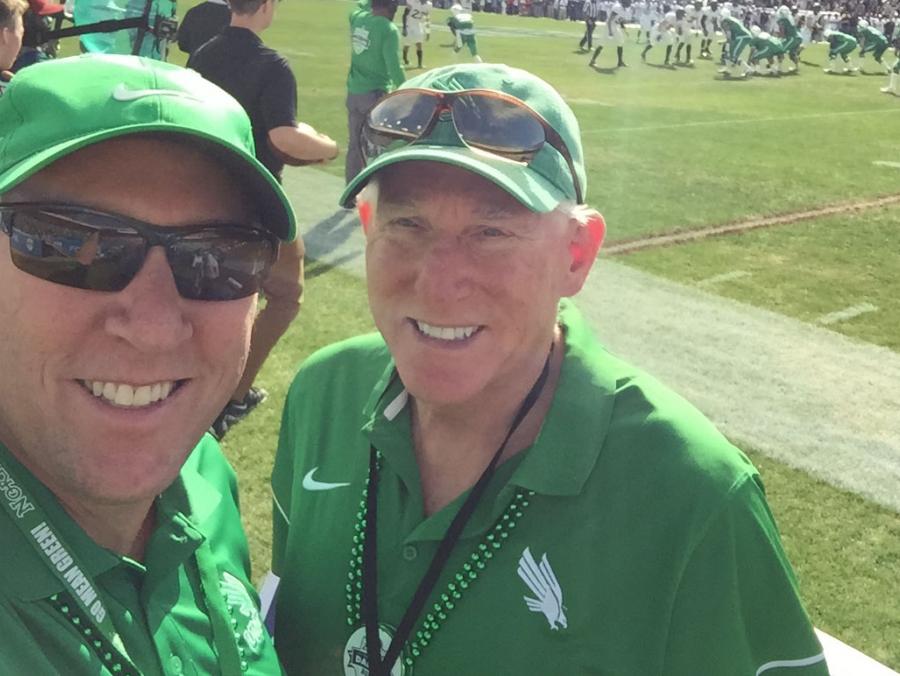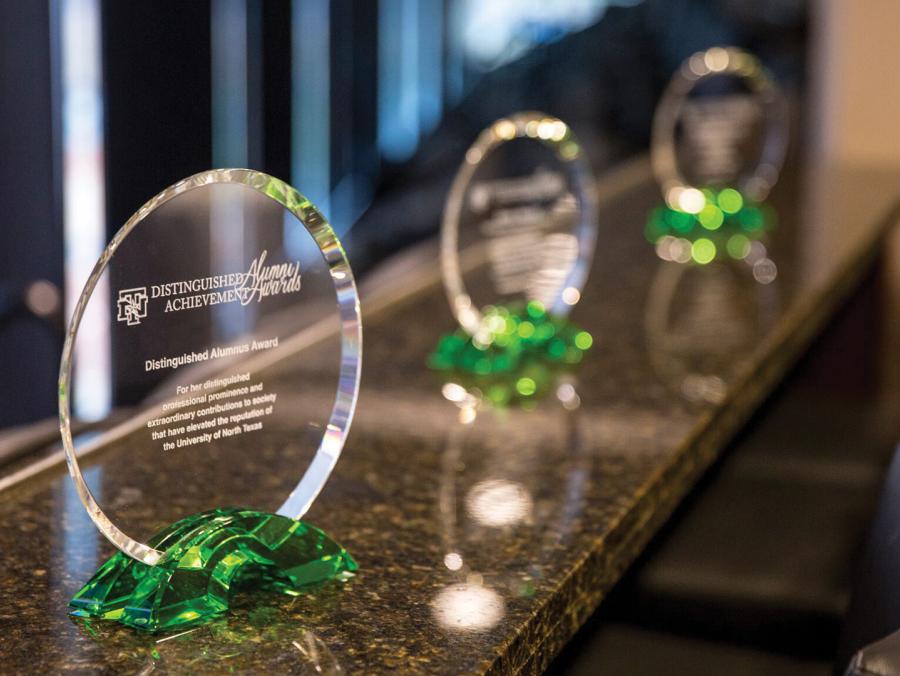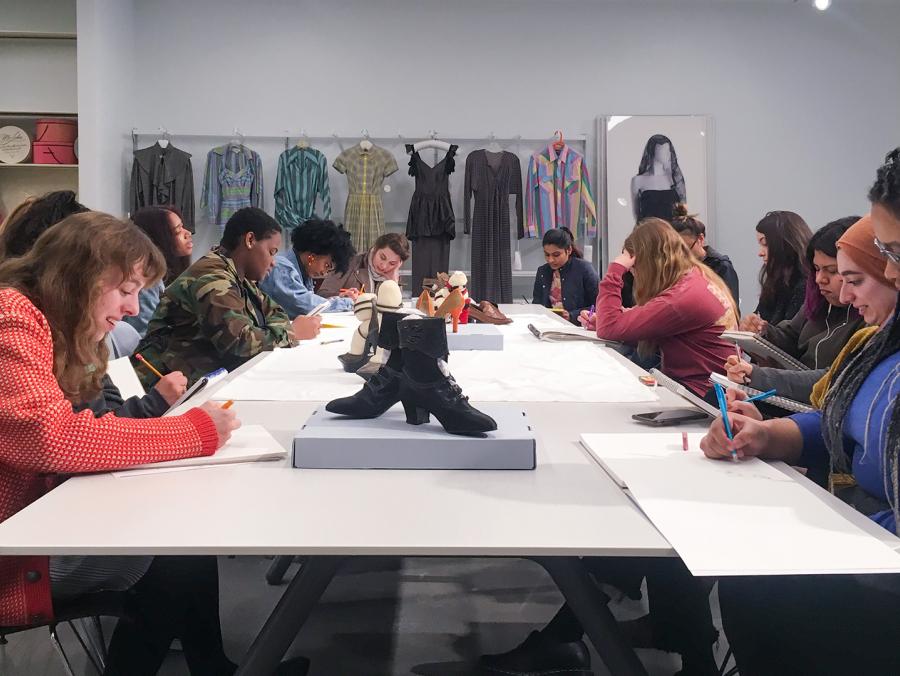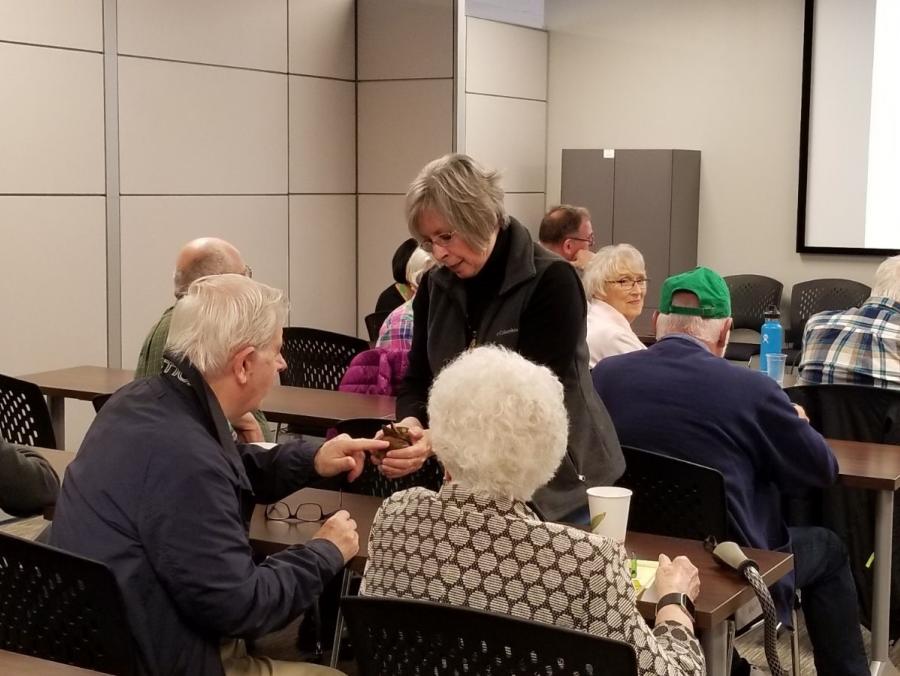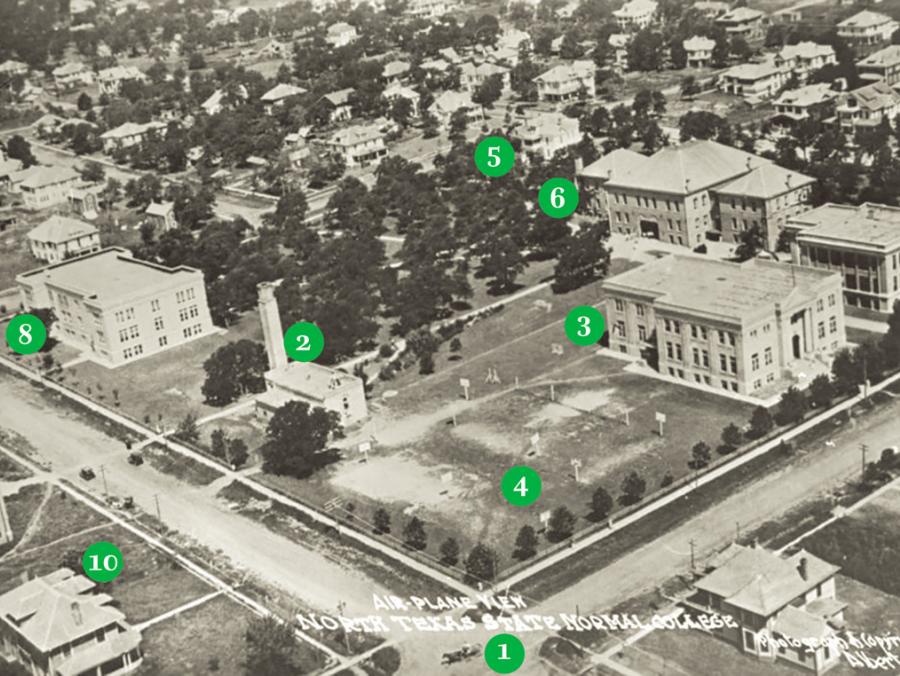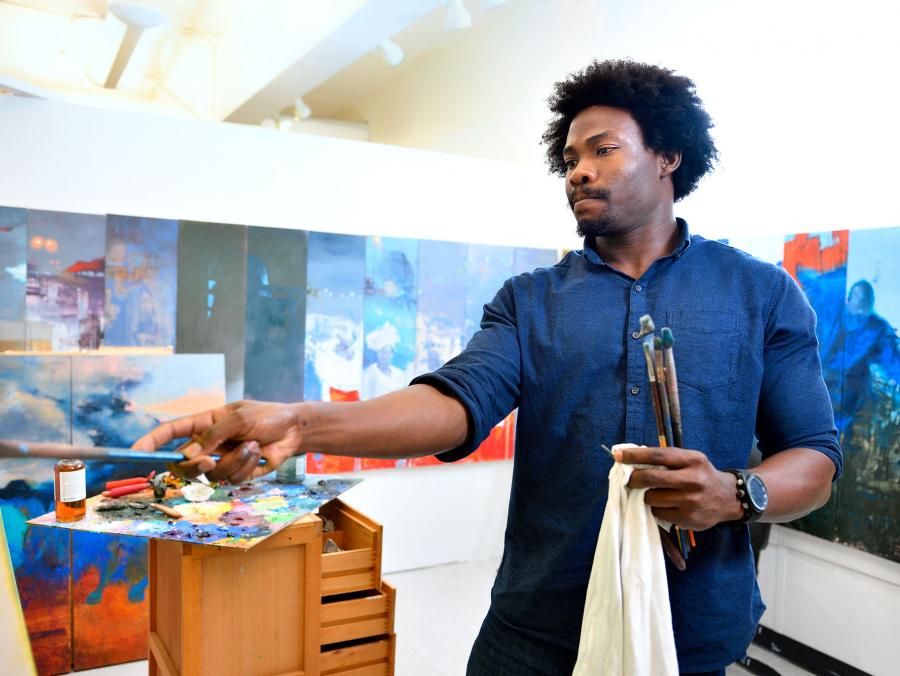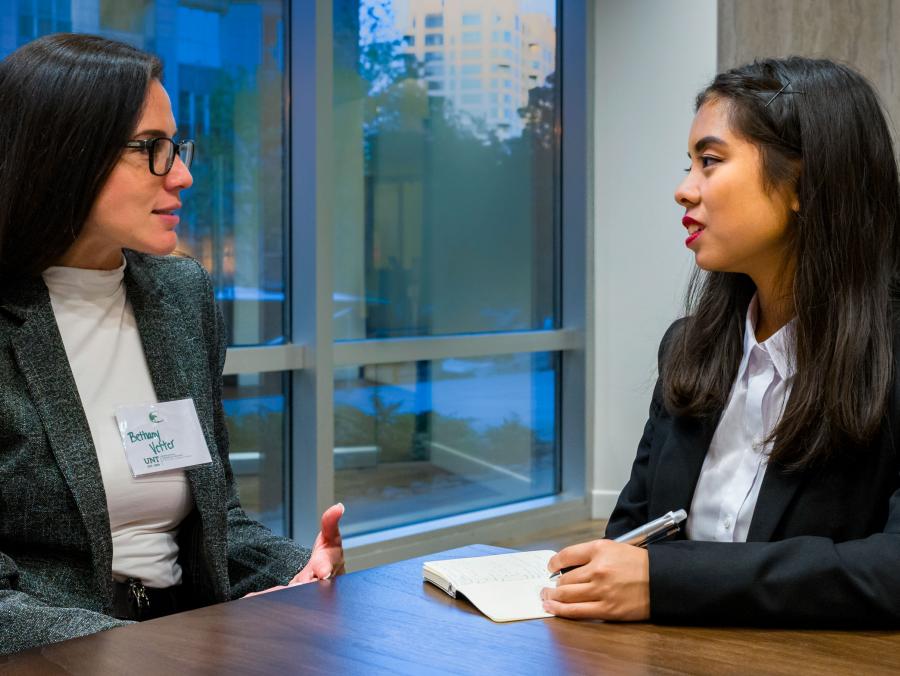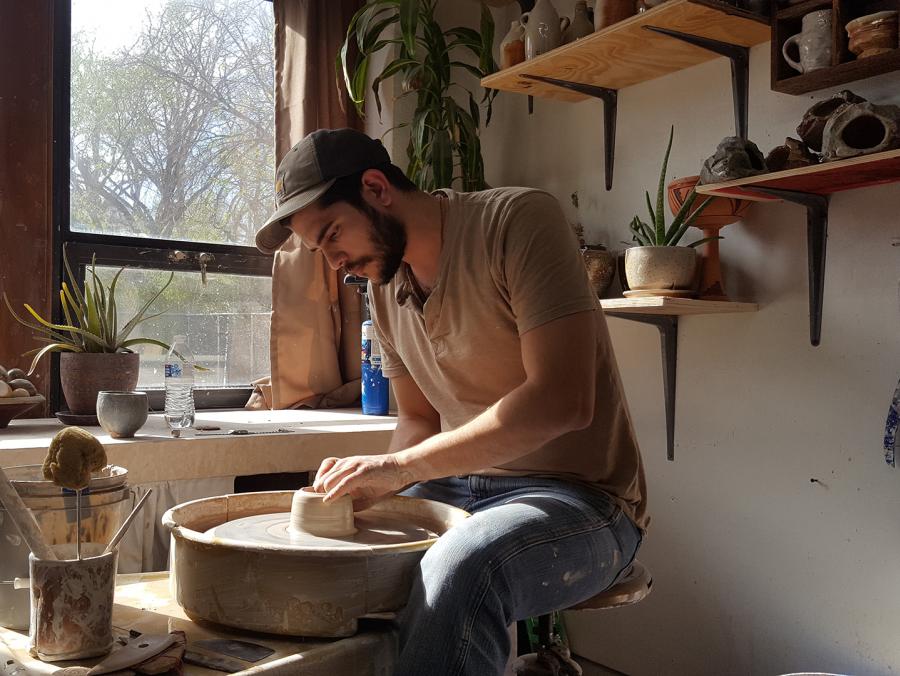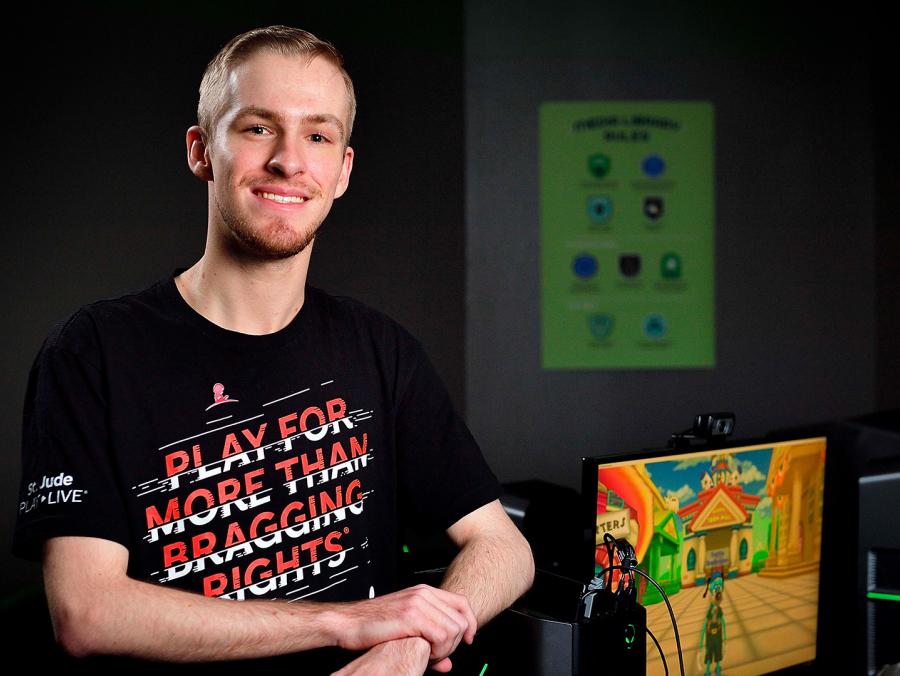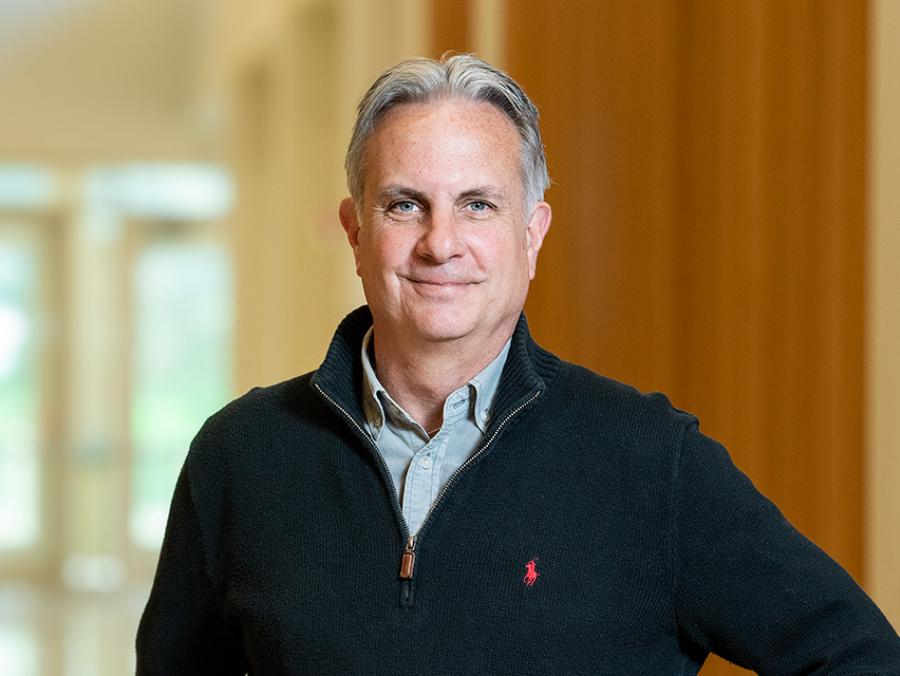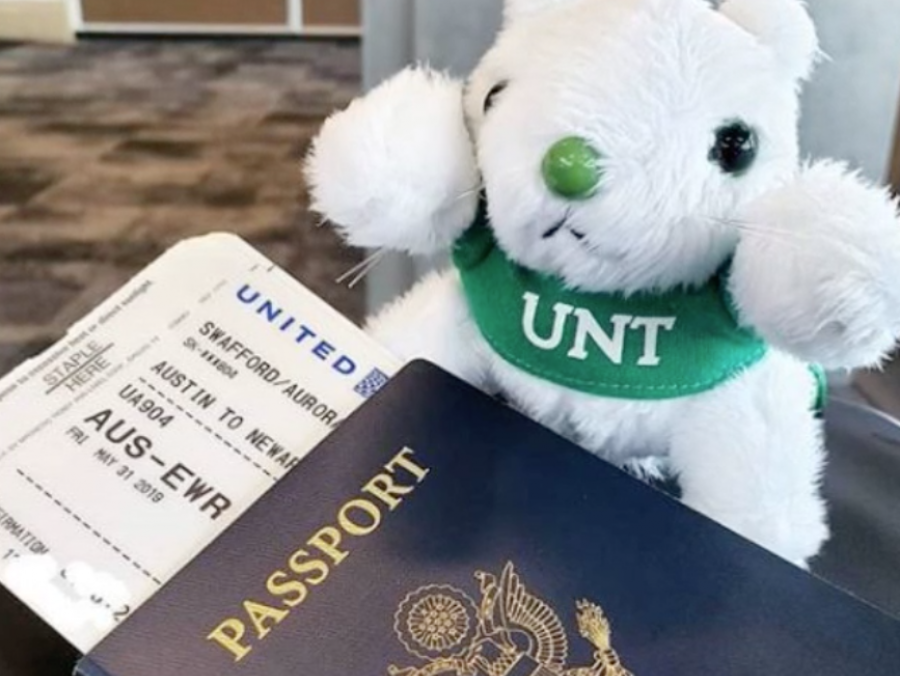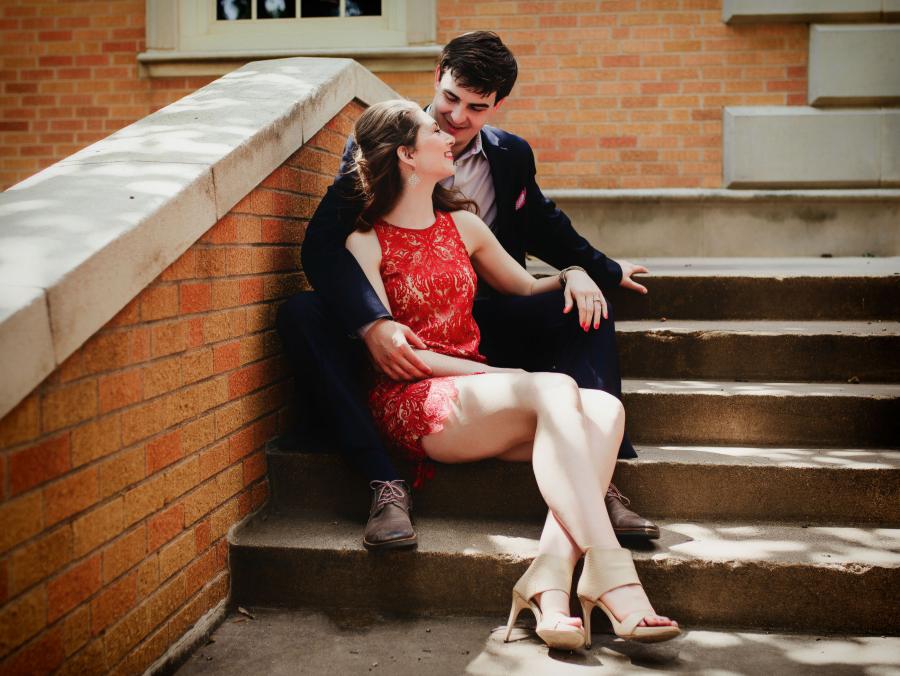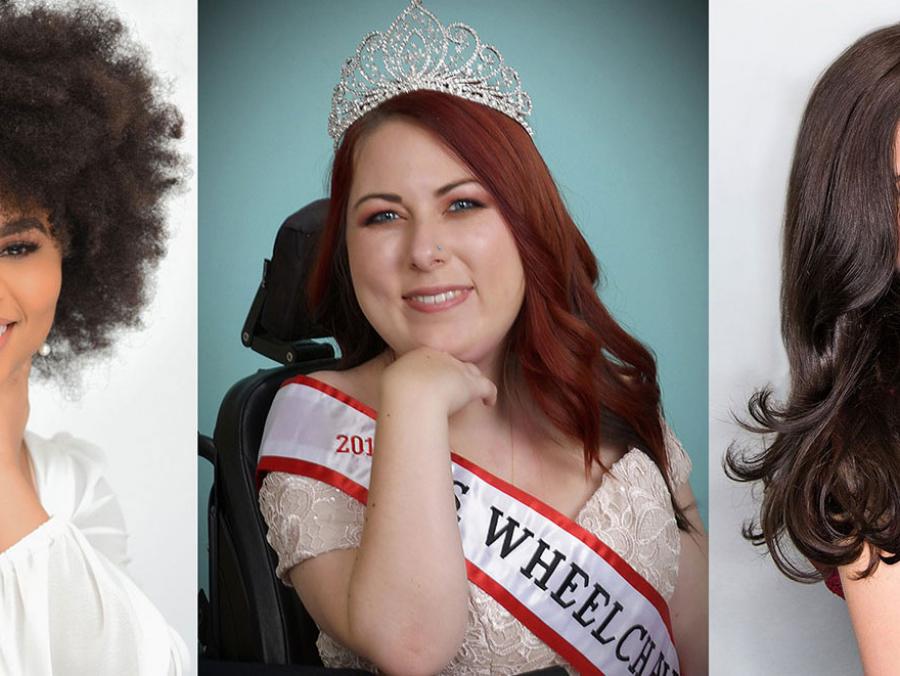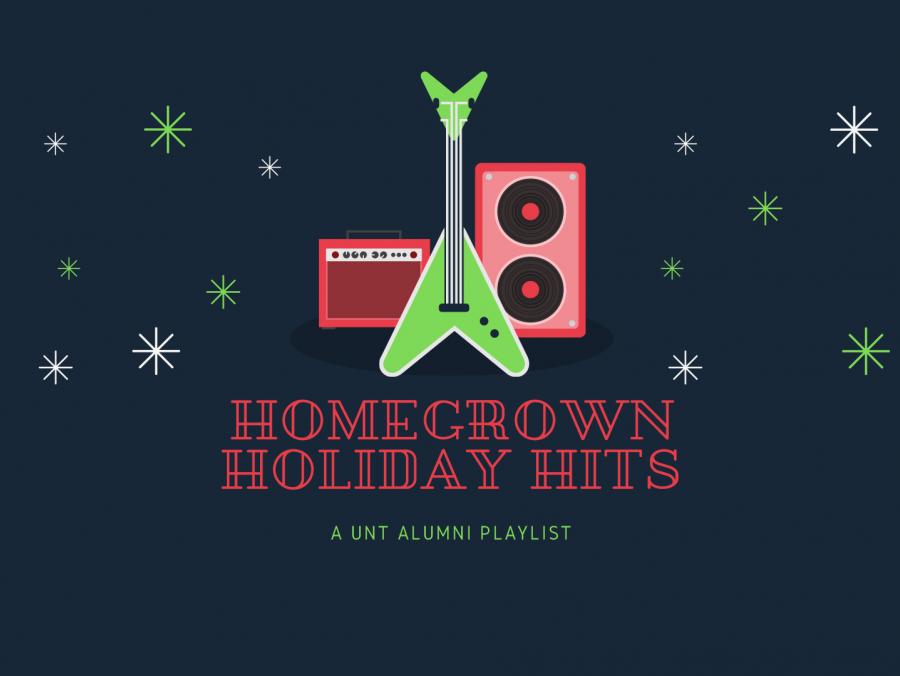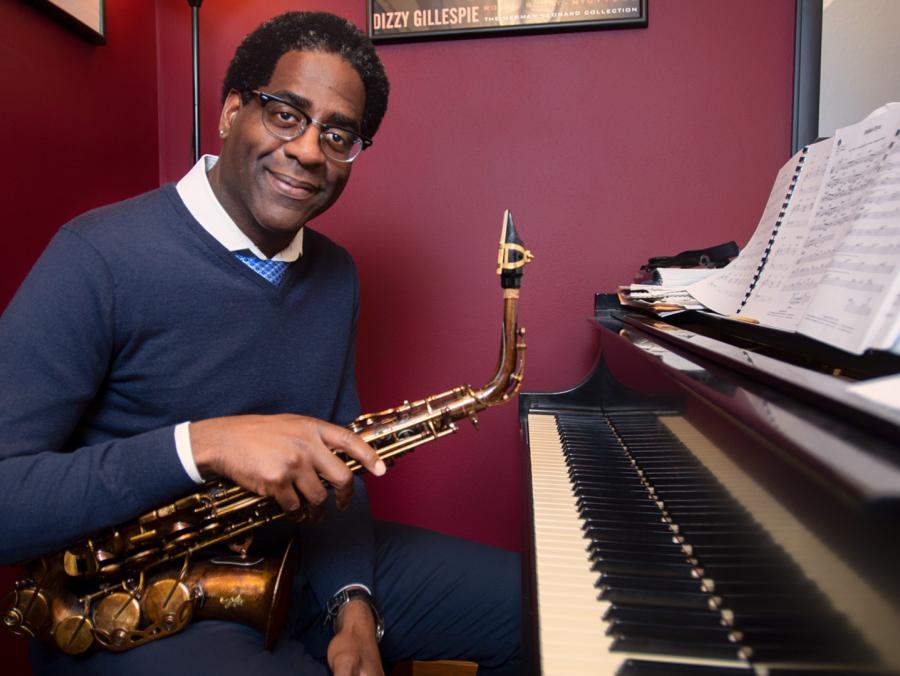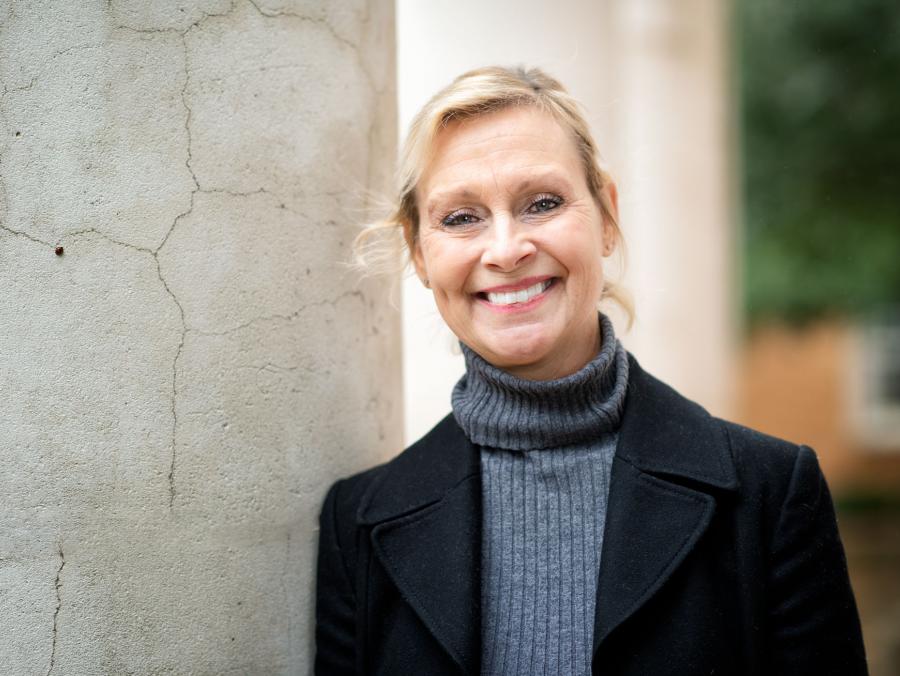“So, you found my channel!”
That’s the message that greets visitors to YouTube’s increasingly popular “Answers With Joe.” The series was created by Joe Scott (’98), a media arts alum, who always knew he wanted to write screenplays.
He never predicted that someday he’d be answering questions for strangers on the internet.
“I started taking questions from friends on Facebook and making funny videos out of them,” Scott says. “I saw it as a way to do creative stuff and put it in front of people without having to raise money and jump through all the hoops you have to with movies.”
>> Scott's most popular video, as seen above, is "How Long Does a Severed Head Remain Conscious?"
And he knows plenty about those hoops. Scott wrote the film Ocean Front Property in 2004 and began sending the .zip files to festivals. Eventually, YouTube launched, and he decided to make “vlog”-style videos to promote his film. He realized that vlogging was something he enjoyed doing.
The videos became a hit and now his “Answers with Joe” channel has more than half a million subscribers.
“It’s funny how quickly you get used to the numbers,” he says. “It doesn’t feel like half a million people. It feels like I’m sitting in an empty room talking to a camera with my dog whining to be let out.”
At first, Scott asked friends to submit questions. Once the channel took off, he began receiving suggestions from viewers ranging from “What is the meaning of life?” to “How long does a human head stay conscious after decapitation?” — his most-viewed video — to various how-to queries. But despite all of that, Scott says the most mind-blowing thing he’s learned is that there are so many people who have similar interests.
“That’s what’s so amazing about YouTube — no matter how weird or unique you think you are, there are millions of people out there just like you,” he says. “It’s very humbling.”
For those looking to start their own websites, podcasts or YouTube channels, Scott says to just start doing it — and keep doing it.
“You’re going to suck at first. That’s okay,” he says. “When you share your pain, your struggles, your hopes and fears, there are others out there who feel the same way, and it makes them feel less alone. Don’t hide your warts. If it affects you, it will affect others. They will connect with you for it.”



